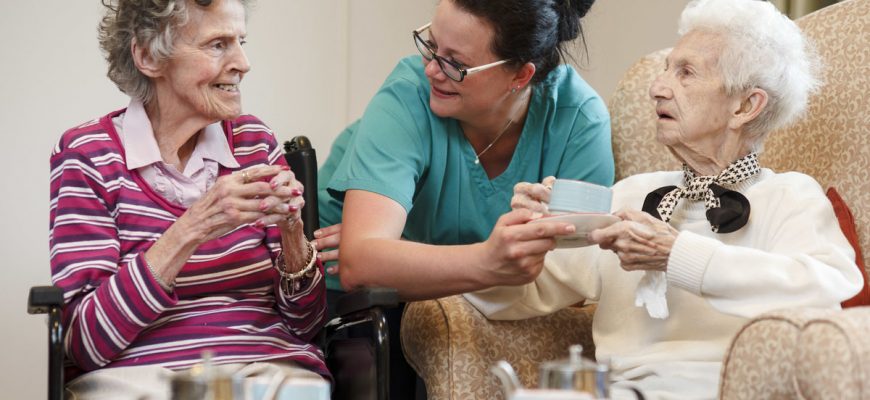Blog

How To Know If Your Aging Parent Has Dementia?
October 5, 2022 0 Comment Category: Care Center
Dementia Care Experts
The warning signs of dementia can be initially subtle. By the time the signs of the disorder become obvious your senior parent may have advanced dementia which needs extensive care. In the opinion of dementia care experts, understanding the warning signs at the early stages can help you encourage your aging parent to get a proper diagnosis, implement changes in lifestyle, and start planning for the future.
How Is Normal Aging Different From Dementia?
As per experts in senior care, about 40% of people over the age of sixty-five experience some sort of memory loss. This is because brain cells die with age and chronic medical conditions can increase this process. But, loss of ability to think or function properly is not a part of normal aging. An elderly adult who starts to make poor decisions develops changes in personality, struggles with memory loss consistently, or shows new mental health symptoms is not experiencing normal aging.
Some Warning Signs Of Dementia
Some of the common warning signs of Alzheimer’s are:
- Difficulty solving problems, and planning things.
- Loss of memory that affects daily life.
- Confusion about place or time.
- Poor judgment.
- Forgetting familiar faces.
Symptoms of other types of dementia are:
- Thinking changes due to cardiovascular issues like high blood pressure and stroke.
- Difficulty in finding words.
- Difficulty writing, understanding language, or reading.
- Sudden personality changes. For instance, a once-reserved elderly adult can become aggressive or impulsive.
- Worsening or new mood changes like depression or anxiety.
- Changes in movement. For instance, elderly adults with Parkinson’s may shake, while those suffering from frontotemporal dementia can have unsteady or slow gait.
Final Thoughts
Dementia does not mean the end of a fulfilling life. It is a progressive disorder, meaning that many dementia sufferers will be able to live independently for many years after a diagnosis. Offering your senior loved one a safe and supportive environment is key to helping the person remain healthy and happy. The right senior care community can support your senior loved one and ensure a normal life for them. Some other strategies that can help are:
- Encouraging your senior loved one to talk about their feelings
- Helping them to be physically active.
- Making them listen to music from their youth.
- Helping them have hobbies like painting or gardening.

leave A comment